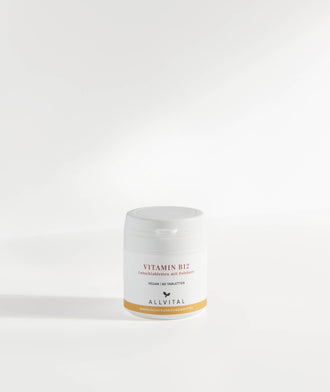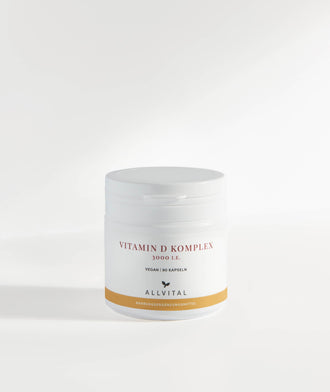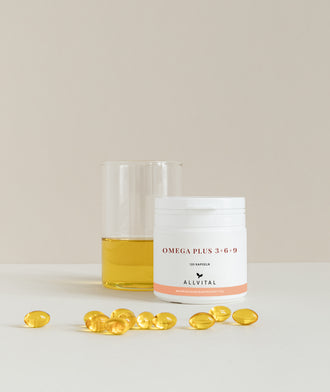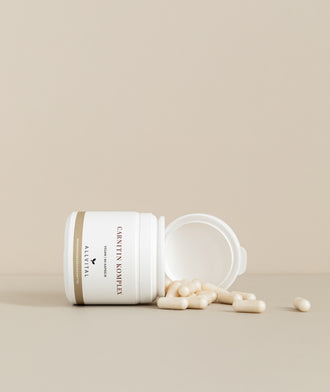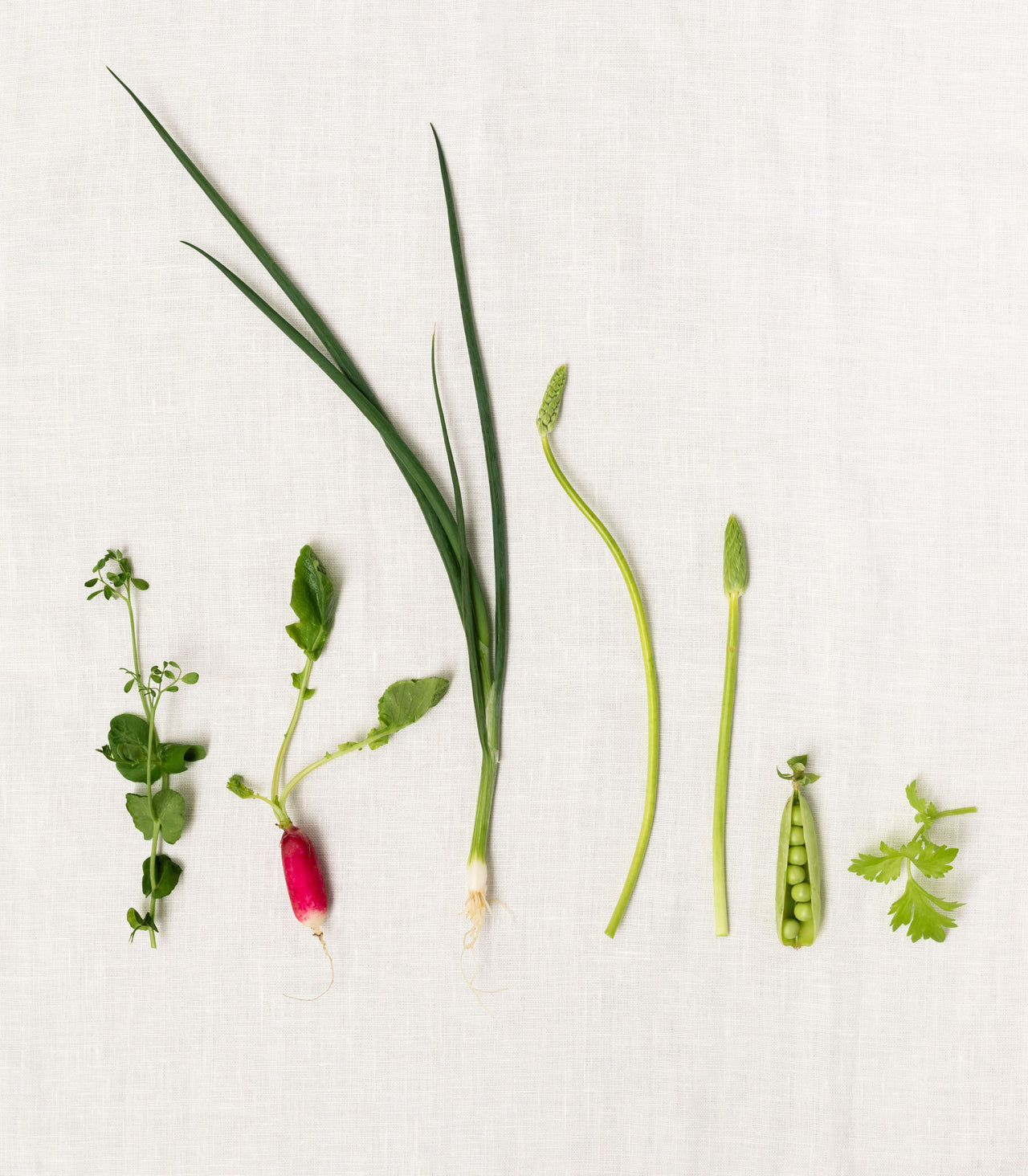
Optimal nutrient supply for vegans: 9 key nutrients in focus
Although a vegan diet offers many health benefits, it is important to make sure that the body gets all the necessary nutrients in sufficient quantities. As some essential nutrients are mainly or exclusively found in animal products.
In this blog post, we will take a closer look at 9 nutrients that are considered potentially critical for vegans due to their complete avoidance of animal foods.
1. Vitamin B12
Vitamin B12 plays a significant role in various processes in the body, including blood formation, cell division, and the normal functioning of the nervous system. Vitamin B12 is a key nutrient that vegans should pay special attention to since it is mainly found in animal products. Therefore, vegans should incorporate fortified foods like plant-based milk and breakfast cereals into their diet or consider regular supplementation with vitamin B12.2. Vitamin D
Vitamin D is essential for calcium metabolism, bone health, muscle function, and the immune system. It is largely formed from the cholesterol stored under the skin by exposure to sunlight. Given the limited sunlight exposure during the autumn and winter months in Europe and reduced outdoor time, vitamin D deficiency is widespread in the population.Vitamin D can also be taken in through the diet, mainly from animal products such as fatty fish and, to a lesser extent, meat and eggs. Therefore, vegans and vegetarians should make sure to get enough sunlight exposure or consider regular intake of a vitamin D supplement.
3. Omega-3 Fatty Acids
The omega-3 fatty acids DHA and EPA are polyunsaturated fatty acids. DHA and EPA are beneficial for heart health and DHA contributes to normal brain function and healthy vision. Both fatty acids can be produced by the body itself in small quantities from alpha-linolenic acid (ALA), but must additionally be supplied with food. Since omega-3 fatty acids are primarily found in fatty fish, vegans may consider supplementing with vegan omega-3 supplements.4. Iron
Iron deficiency is not uncommon among vegans, as plant-based iron sources (non-heme iron) are less readily absorbed by the body compared to heme iron found in animal products. Among other things, iron is important for the formation of haemoglobin in red blood cells, for energy metabolism and the normal functioning of the immune system.To meet iron requirements, vegans should consume iron-rich foods such as legumes, whole grains, nuts, seeds, and leafy green vegetables. Combining these with vitamin C-rich foods can improve iron absorption. In some cases, iron supplementation may be necessary.
5. Calcium
Calcium is required for the maintenance of normal bones and teeth and contributes to muscle function and normal signal transmission between nerve cells. It is also important for energy metabolism. Calcium is primarily found in dairy products but also in certain vegetables like spinach and kale.With the exclusion of dairy products, there is an increased risk of calcium deficiency. Vegans have the option to obtain calcium from fortified plant-based milk, tofu, and dark leafy greens or consider calcium supplements.
6. Iodine
Iodine is a trace element that is important for the production of thyroid hormone. This hormone is important for growth, nervous system development and metabolism. Iodine is naturally present in seafood, eggs, dairy products, and seaweed. While iodine is sometimes added to table salt and bread, this may not be the case for organic or homemade bread.Vegans should therefore make sure that their diet contains a reliable source of iodine or consider the additional intake of iodine through food supplements may be advisable.
7. Zinc
Zinc is an essential trace element necessary for metabolism, skin, hair, nail health, and a well-functioning immune system. It also acts as an antioxidant, protecting cells from oxidative stress.The highest amounts of zinc are found in animal products such as shellfish, dairy, and meat. Plant-based sources like oats, legumes, and nuts also contain zinc but in smaller amounts. Therefore, vegans may benefit from zinc supplementation as a complement to their diet.
8. L-Carnitine
L-carnitine is a naturally occurring compound of the essential amino acids methionine and lysine. Tissues that meet their energy needs from fats - such as heart and skeletal muscles - are particularly rich in L-carnitine. Although L-carnitine can be produced by the body itself, it must also be taken in with food. Since L-carnitine is predominantly found in animal products like red meat, fish, poultry, and dairy, vegetarians and vegans can be more frequently affected by an L-carnitine deficiency. Therefore, vegetarians and vegans may benefit from L-Carnitine supplementation.9. Selenium
Selenium is an essential trace element. Although the body only needs small quantities of this mineral, it is an essential nutrient for our health. Selenium plays an important role in the function of antioxidant enzymes and helps to protect cells from oxidative stress. It is important for healthy immune system function and contributes to normal thyroid function. Selenium is also important for keeping our skin and hair healthy.Vegans should include selenium-rich foods like nuts, seeds, legumes, and whole grains in their diet. If necessary, selenium supplements can be considered.




